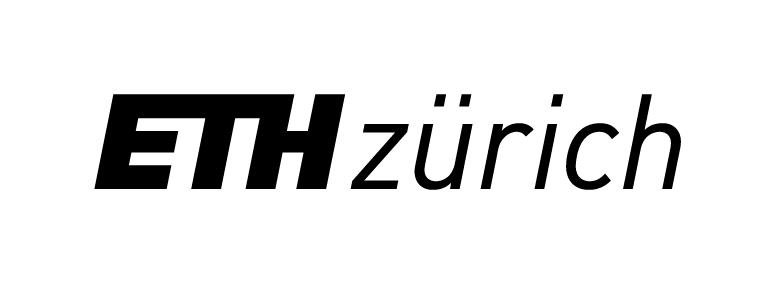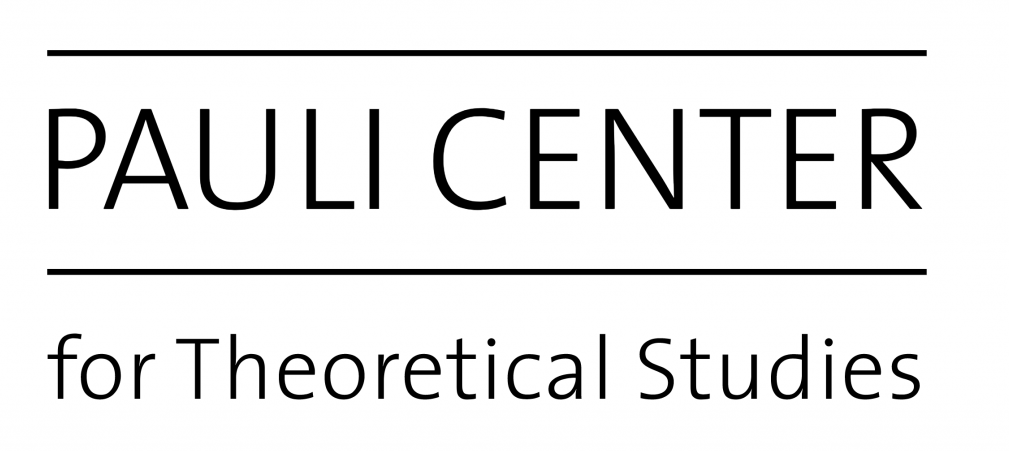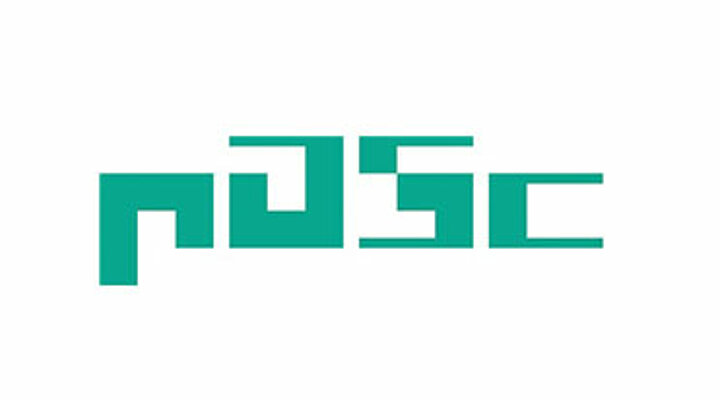Machine learning approaches in Lattice QCD - an interdisciplinary exchange
HCI G7
ETH Zürich
This edition of the workshop will take place at ETH Zurich from 10th to 13th June 2025 and will serve as an interdisciplinary exchange to accelerate the development of machine learning techniques in Lattice Gauge Theories. The workshop will bring together experts in Machine Learning, Lattice QCD, and related fields. The last day of the event will feature international and local experts focusing on the development of efficient simulation software for various GPU architectures, with contributions from both the Lattice QCD and HPC communities.
Participants of this workshop are encouraged to also attend the PASC25 conference, which will be held the week following this workshop, from 16th to 18th June 2025, at FHNW in Brugg-Windisch. The PASC25 venue is conveniently accessible by public transportation in less than an hour from Zurich main station.
Confirmed speakers include:
- Alexander Rothkopf (Korea University)
- Alberto Ramos (U. Valencia)
- Andreas Kronfeld (Fermilab)
- Fernando Romero-Lopez (University of Bern)
- Gert Aarts (Swansea University)
- Steven Gottlieb (Indiana University)
- Tom Luu (FZ Jülich/University of Bonn)
- Will Detmold (MIT)
- Jessica Howard (UCSB)
- Evan Weinberg (NVIDIA)
- Urs Wenger (U. Bern)


